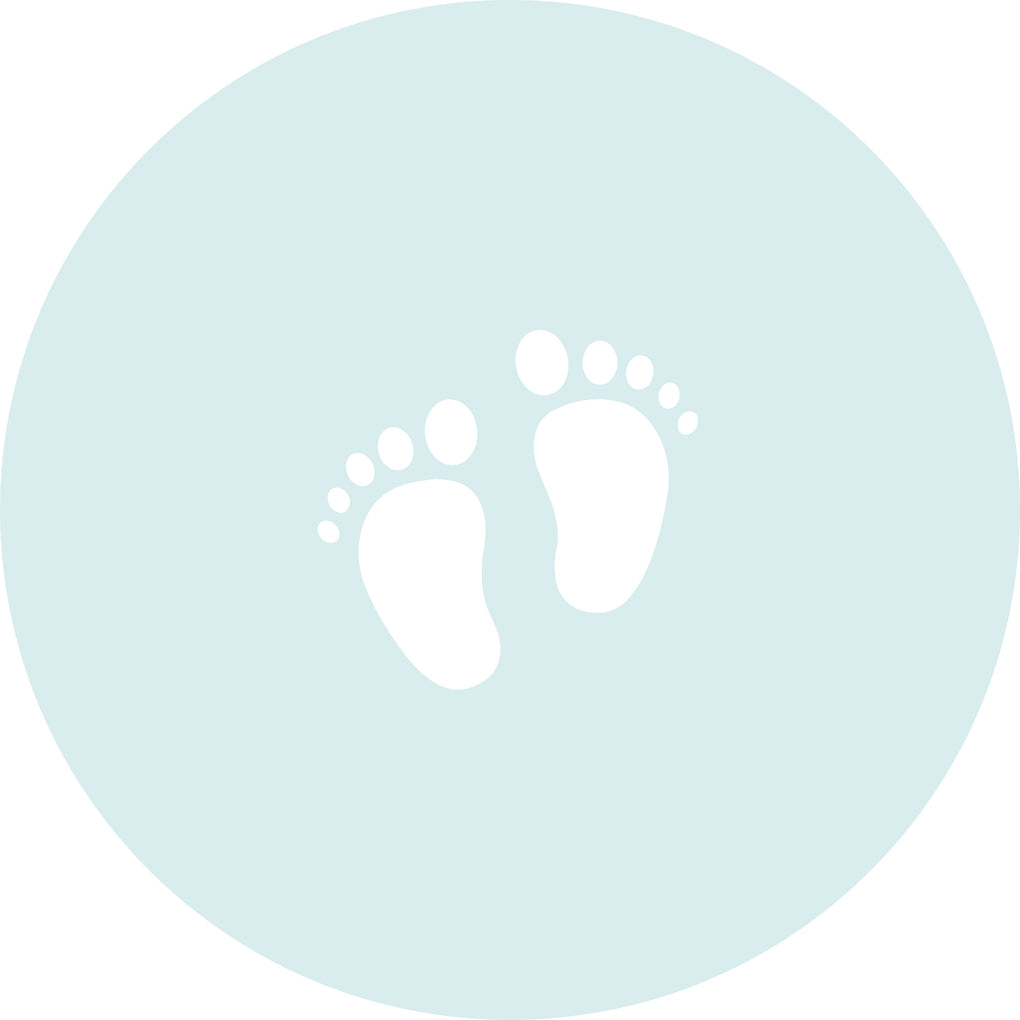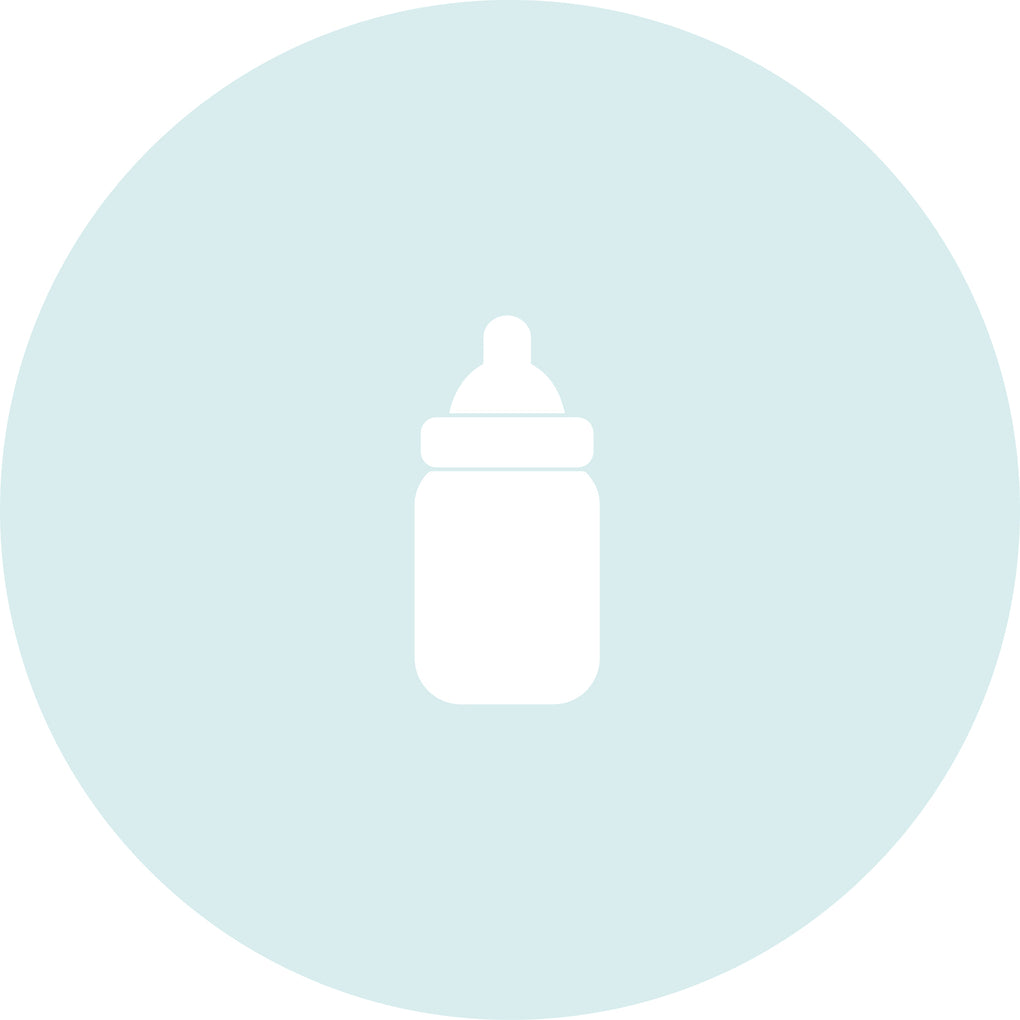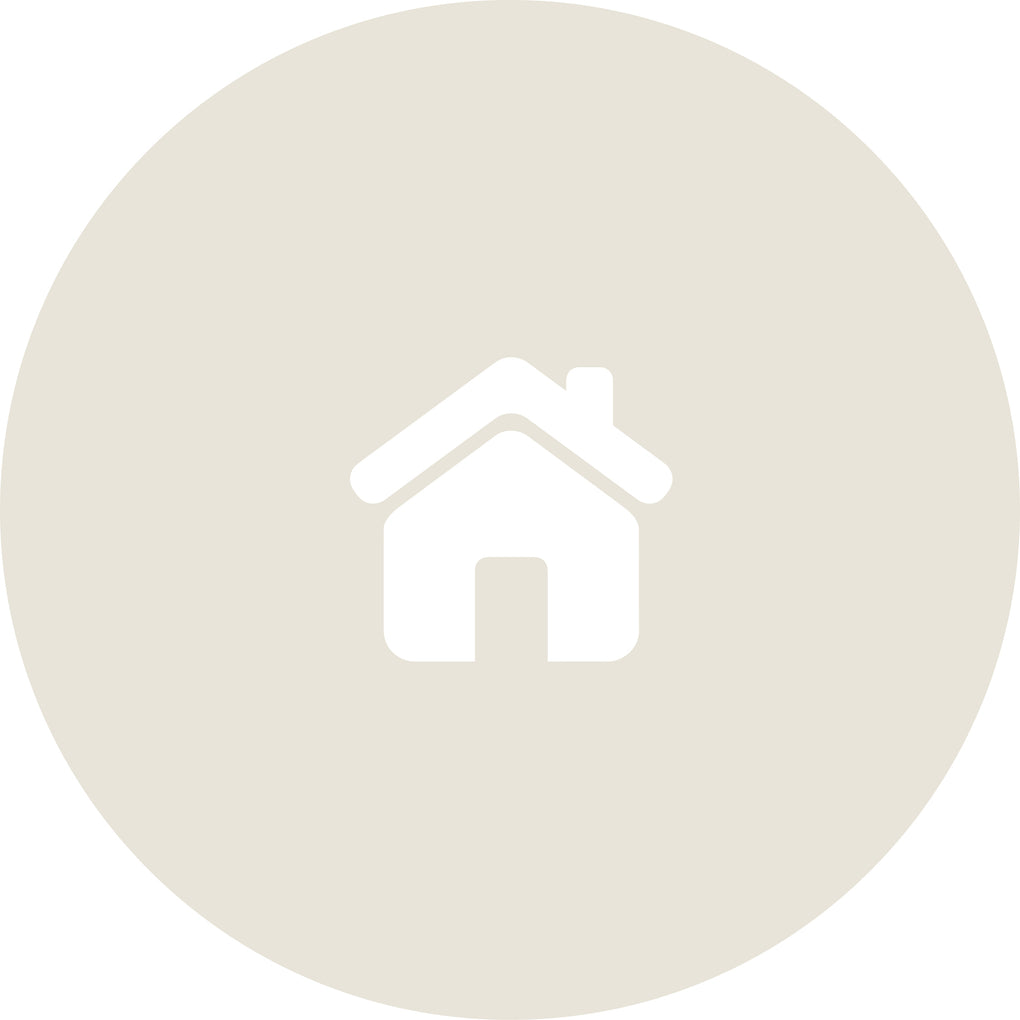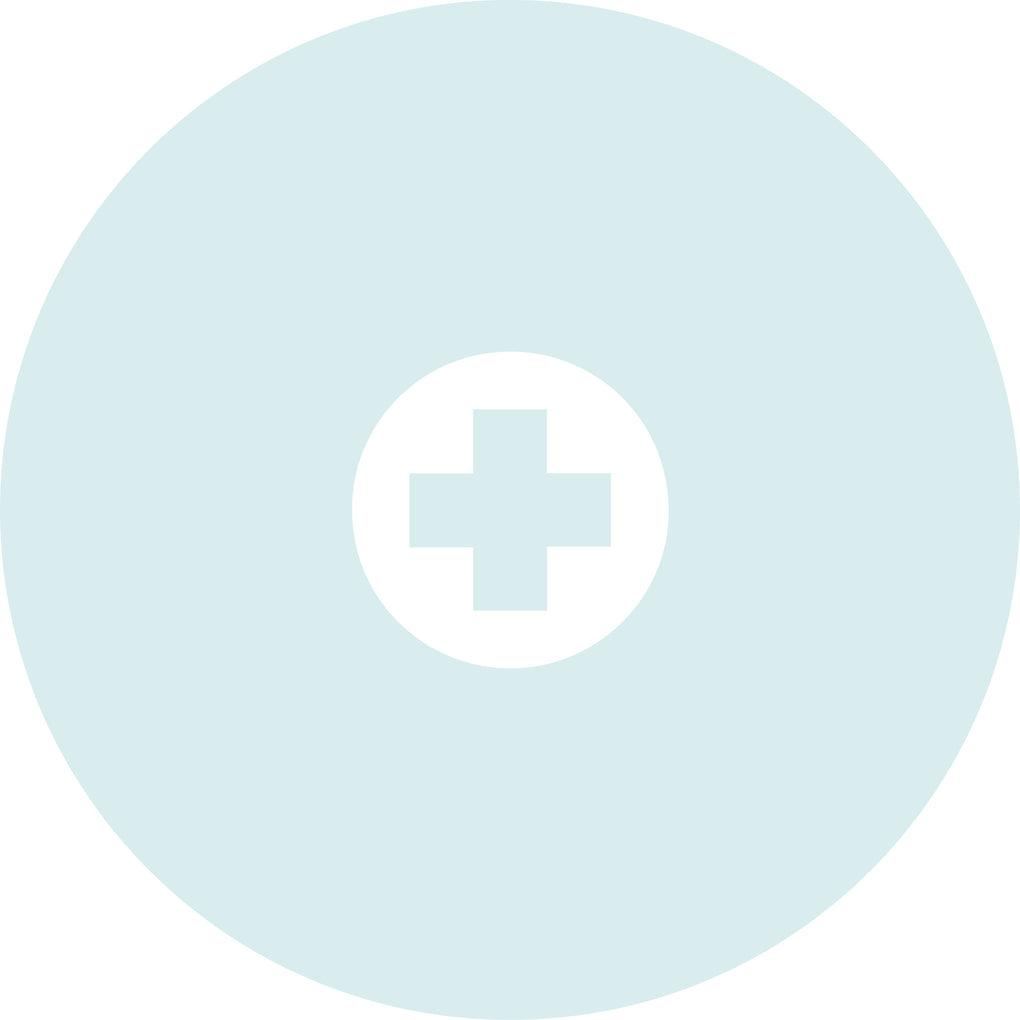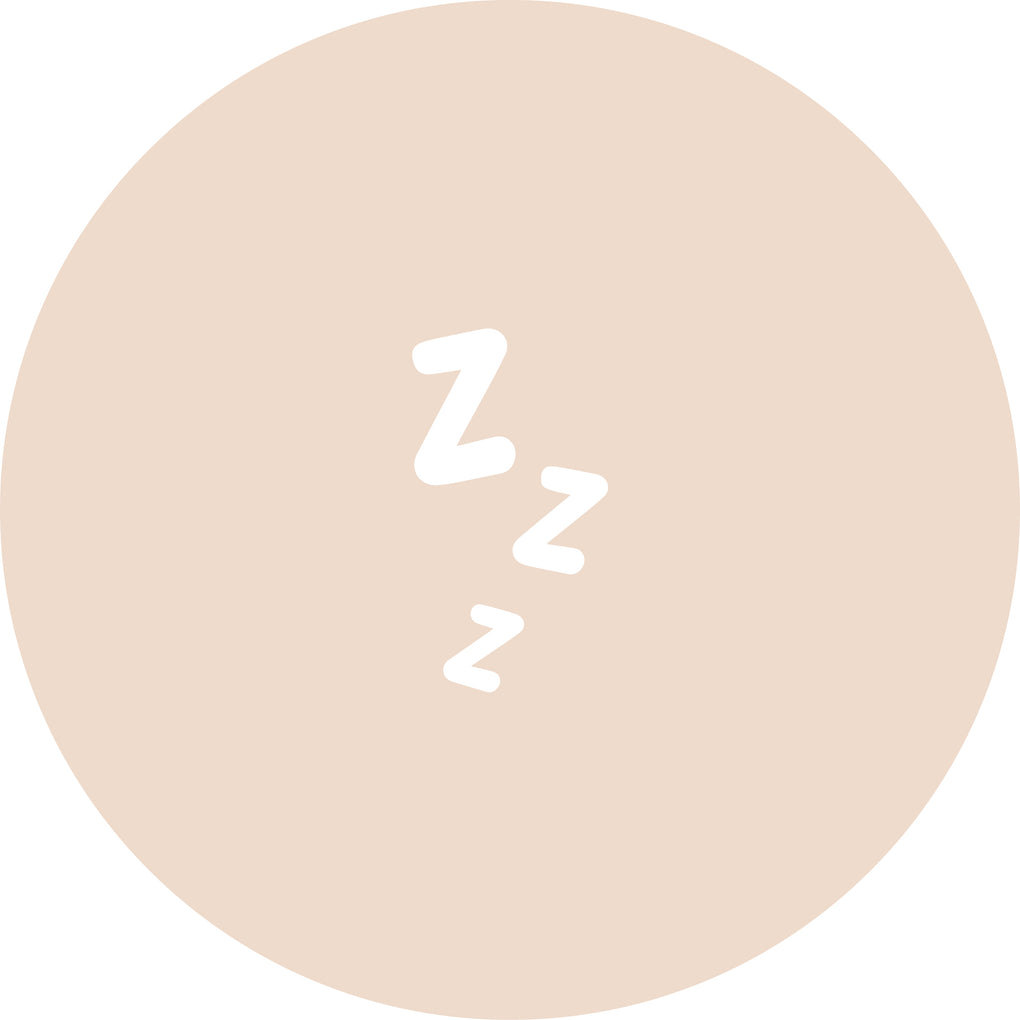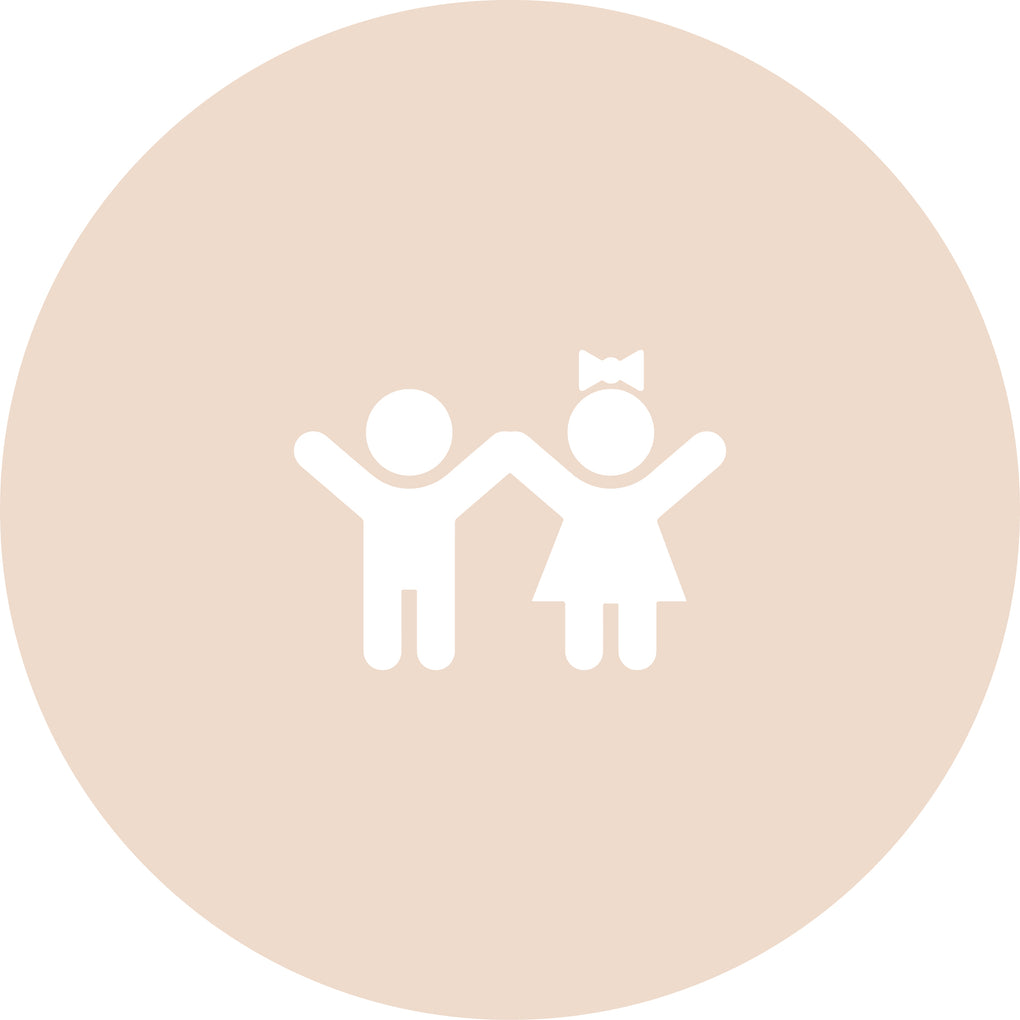Things never go to plan with parenting. You can be as prepared for birth as possible and still get caught off-guard when things take an unexpected turn. In this Q&A style blog, baby expert Anita Worlidge, founder of Anita's List, explains how to expect the unexpected and the key products that can help.
How reliable is my due date when it comes to planning and getting everything organised for my baby?
Not as reliable as you may presume! While your due date gives a very good indication for roughly when your baby will arrive, it is also possible that your little one could arrive early or late. A due date is really a guide rather than a specific date set in stone, unless you know you will have a planned c-section, when your date is fixed quite some time in advance. Even in this case your little one might make an early appearance.
When should I plan to have all my baby kit in position and ready to go?
Sooner than you may think. When it comes to kit, the good news is that you really can plan well in advance what specific kit might work for you to support your life as a new parent. I’d recommend you deep dive into researching and choosing kit any time from your 12 week scan and start buying any time after that for delivery to your home about by 4 - 6 weeks in advance of your due date. By doing this, you’ll have everything you need in position well in advance in case of an early arrival and, in turn, the peace of mind to not be worrying about kit and to focus on yourself and resting as much as you can. You will also not really feel like doing a lot of baby shopping and organising in your final few weeks of pregnancy which is another excellent reason to start planning your kit well in advance.
If my baby does arrive very early, what kit do I really need?
Not very much, it really depends on how early your baby arrives, as to what kit you really need in that moment.
If your baby arrives very early, then they will be staying in the NICU (Neonatal Intensive Care Unit) for a few weeks where they will receive around the clock care from a team of experts. In this case, you really need very little kit. Some breast pads, nipple cream, steriliser and breast pump for feeding and sterilising – no bottles yet as your baby may be fed via tube, depending on their age and size.
Also sanitary pads, hospital underwear, comfortable nighties, wireless feeding bras which you’ll be wearing 24/7. You may stay in the hospital for a few nights and then commute in from home to spend as much time with your little one as possible, expressing both at home and in the hospital, so it will be important to have all the expressing and sterilising kit at home too – the hospital will have hospital grade pumps and sterilisers there for you. It’s very useful to have a cool bag for transporting your expressed milk between home and hospital.
You’ll also need 6 x pure cotton 3-5lbs bodies and babygrows too and 3 x pure cotton hats to have ready for when your baby starts to wear some clothes. To start with, they will simply be wearing a nappy. Pure cotton scratch mitts are very useful from the beginning especially when your little one isn’t wearing a babygrow which will have integrated scratch mitts.
As you won’t be going home for a little while, you don’t need car seat, pushchair, moses basket etc just yet.
I would, however, recommend you get your nursing chair at this point so you can get into good habits at home for expressing and, in due course, feeding your little one as you do still need to really keep looking after yourself. This applies even when all your focus will be on your baby. As a mum, your back will take around six months to go back to where it was pre-pregnancy, and so the better you look after your back in those early months, the better it will help look after you and your baby. If you sit upright in a chair with arms, and express and feed that way, using an expression bra or a feeding pillow, you won’t be hunching over your pump or your baby and you’ll give your back every chance of keeping in good shape. The hospitals will all have nursing chairs for you to sit in and express when you are there.
If my baby arrives a little bit early, what kit do I really need?
A few key pieces, but certainly not as much as you may think. For sure, you’ll need some smaller sized pure cotton bodies, babygrows, hats and scratch mitts (I’d recommend 5-8lbs for the bodies and babygrows) and keep them simple and white so everything washes easily. The hospital will have blankets but you can also bring your own. Cotton cellular blankets work well and, again, I would go for white or neutral colours which can easily go in a white wash.
You’ll also need to be prepared at home with a good hospital grade breast pump.
Although your little one may be in the hospital for a few weeks, it’s wise to be prepared for your baby to suddenly and unexpectedly be ready to go home. If and, most likely, when this happens, you’ll want to have all the main pieces of kit ready at home. Included in this list would be your car seat for coming home, pushchair, moses basket or small crib, somewhere to change your little one, clothes, swaddles, muslins and blankets. Also a nursing chair at home too if you possibly can.
What’s your very top tip to prepare for the unexpected?
Births rarely go according to plan, so the more open minded you are about accepting that you can’t control precisely when and how your baby will arrive, the better.
Some kit at home to support you, if and when your little one arrives early, will certainly help, but the most important thing is for you to be aware that births don’t always go according to plan. Remember, you’re making a human being and are already a superhero whenever and however your baby arrives.
Anita is just one of the experts we've teamed up with for our Natural Baby Show, take a look here to discover how you can access more guidance and advice as well as great savings and giveaways. You can also sign up to be the first to hear about all exclusive our offers.






